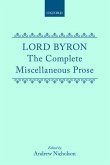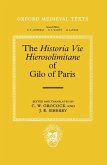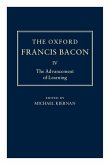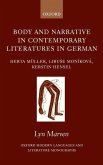The Novelle has always invited theoretical definition, as demonstrated by the important statements on its form and function by Goethe, Heyse, et al., reproduced in an appendix to this book. But Roger Paulin's purpose is to relate such theoretical discussion to the tradition whence the Novelle sprang, to examples of the genre written outside Germany (by such as Poe as Turgenev), and to the wider context of German literature in the nineteenth century. In short, he regards the Novelle both in terms of literary context and of individual practice, rather than as an abstract concept.
The German Novelle-or short prose fiction-was a major literary form in 19th-century Germany. This book studies the roots from which the Novelle sprang-tracing the affinities between the Novelle and the Romance tradition of Boccaccio and Cervantes-important statements on its form and function appear here in appendices-but Paulin's main purpose is to relate the theoretical to the continuity of the genre, to examples written outside Germany, and to the wider context of German literature in the 19th century.)
Hinweis: Dieser Artikel kann nur an eine deutsche Lieferadresse ausgeliefert werden.
The German Novelle-or short prose fiction-was a major literary form in 19th-century Germany. This book studies the roots from which the Novelle sprang-tracing the affinities between the Novelle and the Romance tradition of Boccaccio and Cervantes-important statements on its form and function appear here in appendices-but Paulin's main purpose is to relate the theoretical to the continuity of the genre, to examples written outside Germany, and to the wider context of German literature in the 19th century.)
Hinweis: Dieser Artikel kann nur an eine deutsche Lieferadresse ausgeliefert werden.








